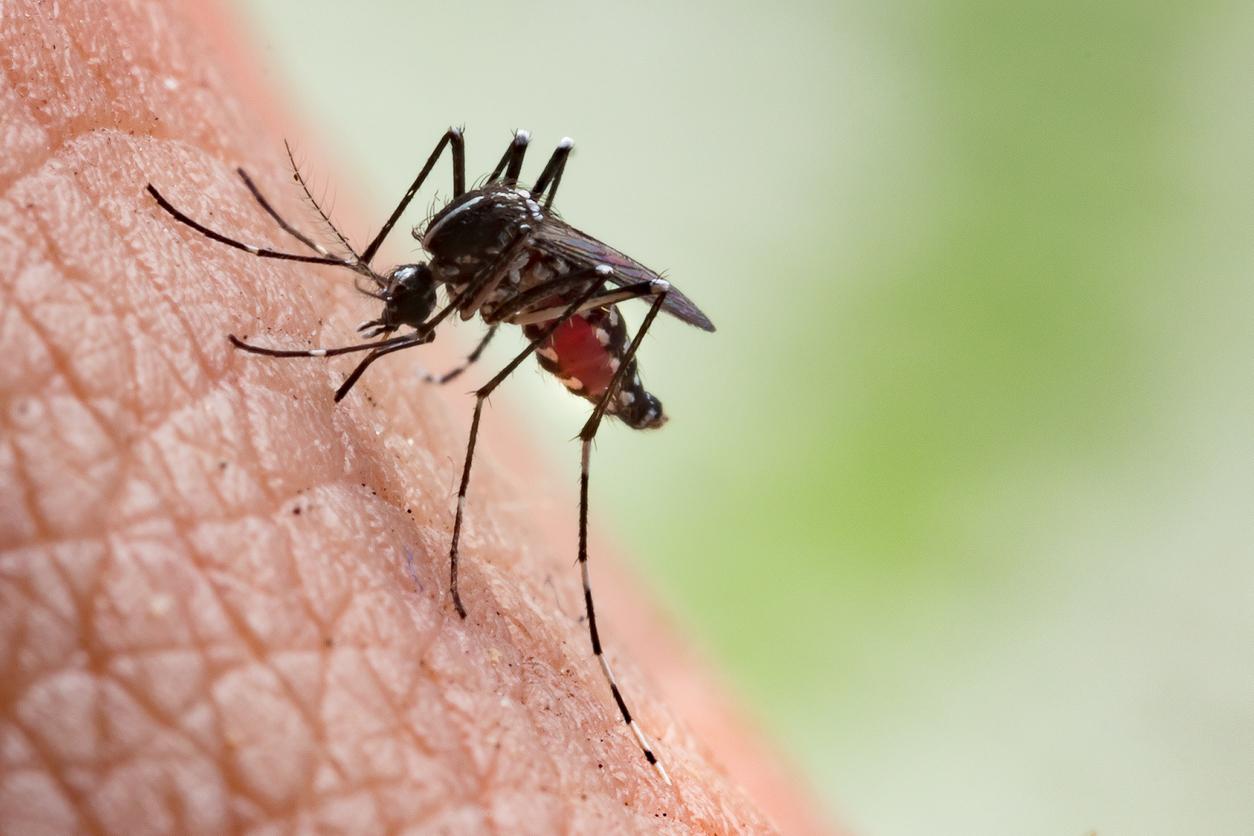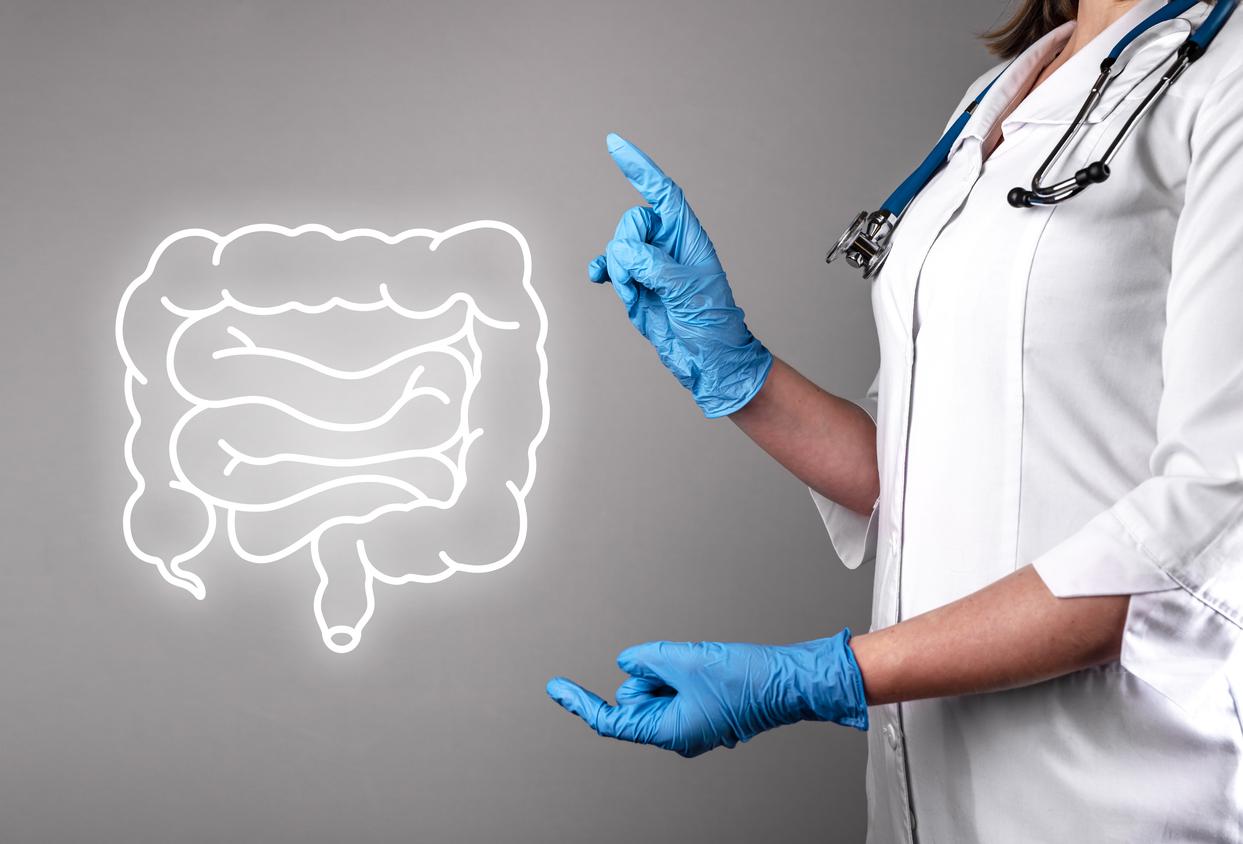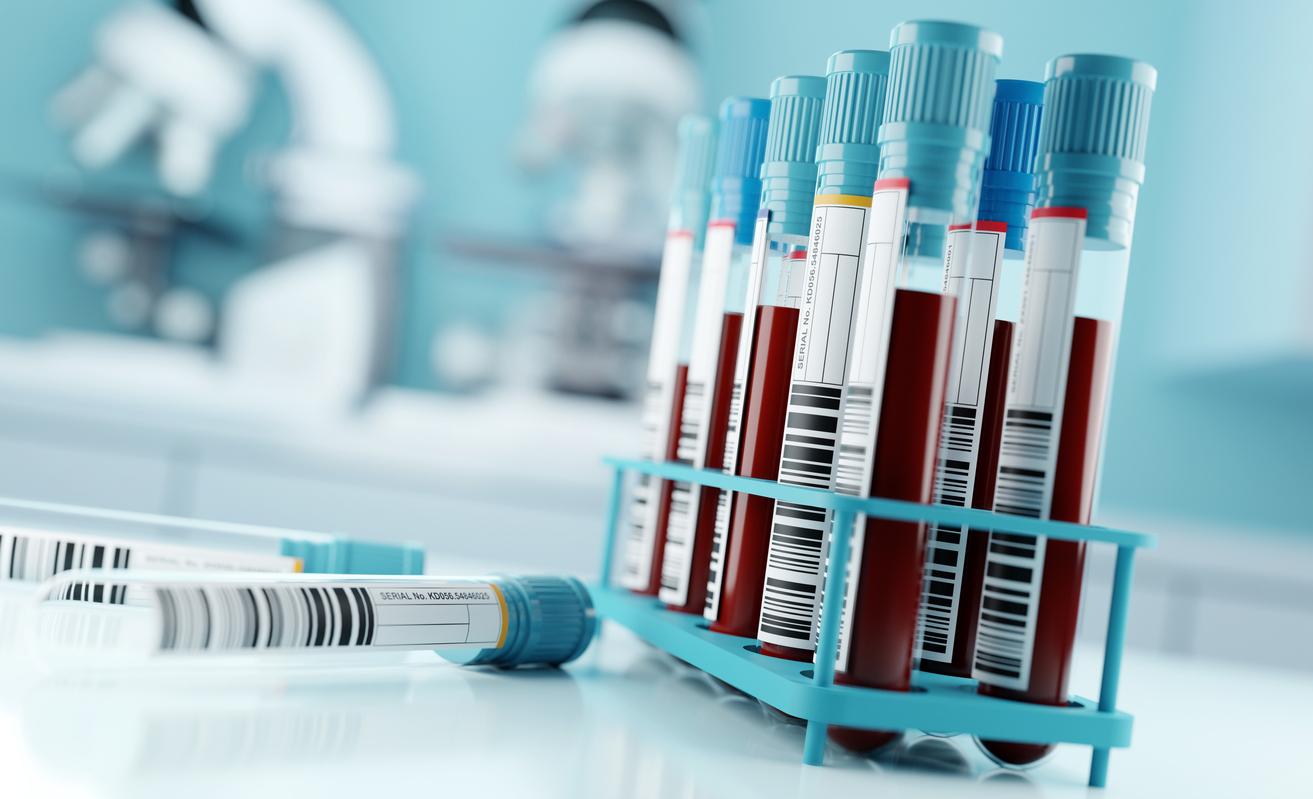Could a simple blood test diagnose the presence of cancer in asymptomatic people? This is the process discovered in a study of oncologists from the Memorial Sloan Kettering Cancer Center in New York who could revolutionize patient care and which was presented this Sunday, September 11 at the annual congress of the European Society of Medical Oncology (ESMO) which was held in Paris.
Multi-cancer #earlydetection testing has the potential to create anxiety and distress. But after testing, most patients reported high rates of satisfaction, MSK’s Dr. Deborah Schrag & colleagues reported at #ESMO22. https://t.co/ah07ddFoXdpic.twitter.com/bRBDdzuDqo
— Memorial Sloan Kettering Cancer Center (@MSKCancerCenter) September 11, 2022
Concretely, how does it work? This is a simple blood sample called MCED, detecting the presence of tumor DNA circulating in the blood, even without clinical signs of the disease. Thus, all the alterations of the cancerous cells can be identified. Once the test has been carried out, a delay of two months is necessary to confirm a positive diagnosis, and three months for a negative diagnosis, so as to carry out additional imaging examinations.
For the study, 6,621 volunteers over the age of 50 with no diagnosis of cancer and no symptoms of the disease agreed to take a blood test. The blood test was positive for 92 of them, i.e. 1.4% of the total group. After verification, cancer was confirmed in 38% of them.
60% false positives
This early detection could rule out the presence of the disease and improve mortality and morbidity from cancer, but not the incidence, which is increasing more and more in the under 50s over the past two decades. The research team argues that 38% of positives in cancer patients is a “Well” figure and that the ability of the test to exclude the presence of tumor is “excellent”in particular because it is capable of detecting 99% of negatives in unharmed patients.
This test nevertheless has a limit: 57 patients believed for a few weeks, wrongly, that they had cancer, or 60% false positives. A false result that can lead to a series of invasive procedures for the patient, such as endoscopy or biopsy and generate a lot of stress and anxiety in patients.
In theory, about fifty cancers could be detected by this blood test, including cancer of the pancreas – often detected too late –, of the small intestine or of the stomach. However, these tests will not replace existing screenings, particularly for colon and breast cancers. The idea is primarily to promote early treatmentwhich will increase patient survival.
Source :
- A new era of early cancer detection with blood tests may change cancer screening paradigms, European Society of Medical OncologySeptember 11, 2022


















